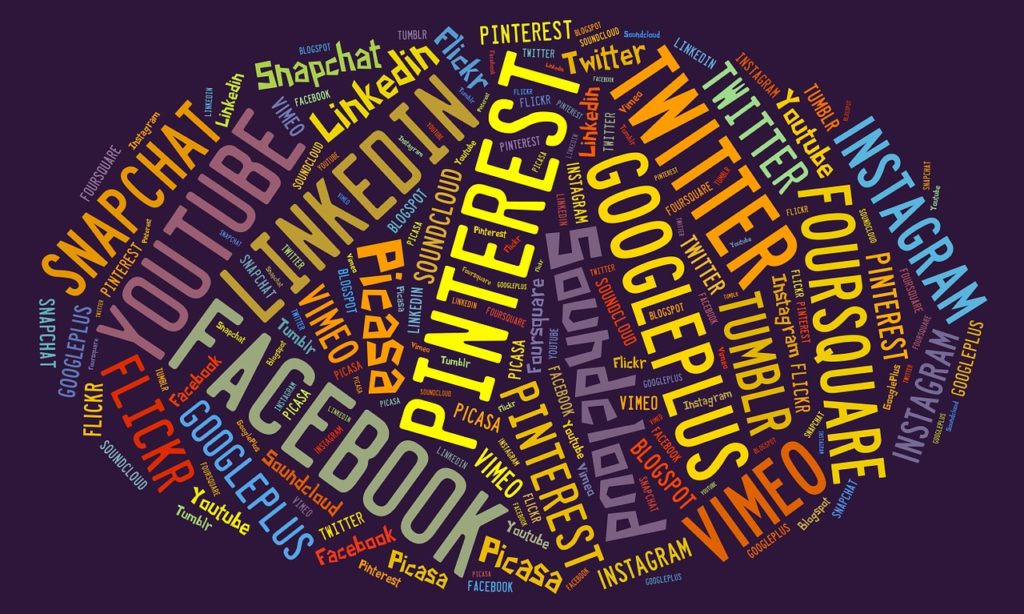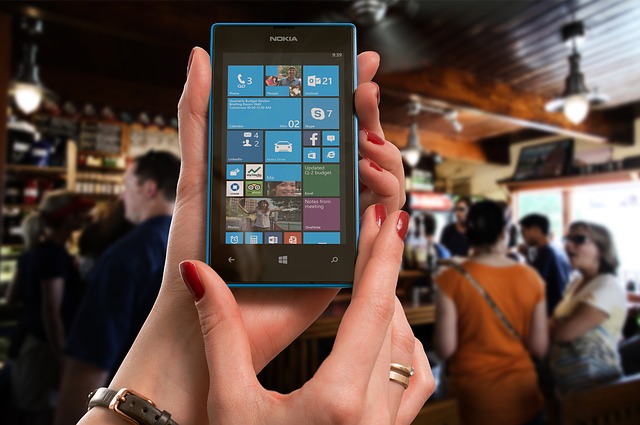- Calls to this hotline are currently being directed to Within Health or Eating Disorder Solutions
- Representatives are standing by 24/7 to help answer your questions
- All calls are confidential and HIPAA compliant
- There is no obligation or cost to call
- Eating Disorder Hope does not receive any commissions or fees dependent upon which provider you select
- Additional treatment providers are located on our directory or samhsa.gov
Combating Diet Culture on Social Media

Diets are everywhere in our society. It is almost impossible to go anywhere without having to face or hear about a new diet or weight loss program. Social media, which is prevalent and almost the major use of communication also promotes diets.
When logging onto Facebook or other social media platform, you may see your friends on a new diet or exercise routine and is losing weight or toning up. Social media groups are heavy with groups or teams that are participating in a weight loss challenge at work or through a gym.
It is hard to avoid in today’s society. So how do you combat diet cultures on social media?
How Does This Get Started?
Younger generations are tech savvy. They are brought up on computers, tablets, videos, just to name a few. Many see their parents post on social media activities, favorite pictures, or just everyday happenings.
Social media is seen as a normal part of life for many young kids. So it is natural for children to begin social media at a younger age.
Many kids as young as 8 or 9 have cell phones and are on social media not long after that. Developmentally that can be tricky as there are many adult posts that their young, immature brains are not equipped.
Girls and boys may post selfies which can become a contest in some way to see who looks the best or a bid for approval. This can damage one’s self-esteem and can create environments where bullying occurs around looks, weight, or personality [1].
Children begin to also compare them self to popular images or celebrities on social media as well. This can set up unrealistic images around how our bodies ‘should’ look and be.
With Photoshop and other editing programs, anyone’s body and appearance can be changed, so reality is distorted online. In a survey, Children, Teens, Media, and Body Image, conducted by Common Sense, reported that teens who are active on social media, tend to worry more about how they are perceived, and girls are especially vulnerable [1].
This study also showed that 35% are concerned about others tagging them in unattractive phones on social media; 27% reported feeling stressed about how they personally look in photos; 22% stated they felt bad about them self if their post or photo was ignored [1].
Who Is Combatting Social Networks Dieting Culture?
Many advocacy eating disorder groups work to ban social media content that are pro-anorexia, pro-bulimia, fat or thin shaming, as well as change guidelines within social media companies as well.
Recently both Instagram and Tumblr implemented new guidelines that prohibit material that promotes self-harm. They also have advisory pop-up notifications that will direct individuals to where they can find help or treatment online [2].

Use of social media is a way for tweens, teens, and adults to be able to earn approval for appearance and compare them self to others, but the most vulnerable according to the study, are the individuals who spend more time posting, commenting, and comparing.
Another study found that women college students who engaged in these behaviors on Facebook were more likely to connect their self-worth to their appearance. Again in this study, regardless of the age range, girls and women are more vulnerable to decreased body image and self-worth [3].
The media has a toxic view on dieting, food, and eating. It can increase eating disorders among young teens and adults due to the social media portrayal of a drive for low weight and sculpted bodies.
Social media can also be confusing due to the mixed messages of comfort or sweet foods connected to models eating these foods which are thin. This gives many the thought that they can eat any foods anytime and look like the models.
When weight changes occur, or bodies change due to growth and development, social media also becomes a place to explore diets and weight loss with non-reality concepts.
Dieting is seen as a way to handle ‘excess weight’ even if it is only perceived and in another study that looked at dieting, it was found that twice as many people diet who are not overweight [4]. The result is that faulty messages from social media push the idea that a diet is necessary.
What Can You Do?
One way to combat dieting in social media is to be able to step away from your phone or computer. It is taking a break from social media messages.
Being able to connect to others face-to-face, connect with nature, and yourself is a wonderful way to think about what your body can do for you rather than comparing.
Another way, if you are unable to step away from social media due to work or other needs, connect with positive groups, people, and organizations that promote positive body image, recovery, and eating disorder recovery focuses.
This allows your news feed to be filled with positive pictures and messages rather than face pictures or words that decrease your self-worth and esteem.

Being able to step away and engage in reality, you can work toward your eating disorder recovery through being present and mindful in your everyday life.

Libby currently works as a counselor at Fontbonne University and is a Adjunct Professor at Saint Louis University, and is a contributing author for Addiction Hope and Eating Disorder Hope. Libby lives in the St. Louis area with her husband and two daughters. She enjoys spending time with her family, running, and watching movies.
References:
[1] Knorr, C. (2017, January 12). How girls use social media to build up, break down self-image. Retrieved July 02, 2017, from http://www.cnn.com/2017/01/12/health/girls-social-media-self-image-partner/index.html[2] Shalby, C. (n.d.). Fighting social media “thinspiration” with messages of self-acceptance. Retrieved July 02, 2017, from http://www.pbs.org/newshour/updates/thinspiration-ban-social-media-doesnt-prevent-eating-disorders/
[3] How Social Media Is a Toxic Mirror. (n.d.). Retrieved July 02, 2017, from http://time.com/4459153/social-media-body-image/
[4] The Media & Eating Disorders. (n.d.). Retrieved July 02, 2017, from http://eating-disorders.org.uk/information/the-media-eating-disorders/
The opinions and views of our guest contributors are shared to provide a broad perspective of eating disorders. These are not necessarily the views of Eating Disorder Hope, but an effort to offer discussion of various issues by different concerned individuals.
We at Eating Disorder Hope understand that eating disorders result from a combination of environmental and genetic factors. If you or a loved one are suffering from an eating disorder, please know that there is hope for you, and seek immediate professional help.
Published on September 25, 2017.
Reviewed By: Jacquelyn Ekern, MS, LPC on September 25, 2017.
Published on EatingDisorderHope.com
